improving extractives governance
PNGEITI Report Releases
The EITI holds all implementing countries to the same global standard. Through Validation, the EITI’s quality assurance mechanism, implementing countries are assessed on their ability to meet the provisions of the EITI Standard.
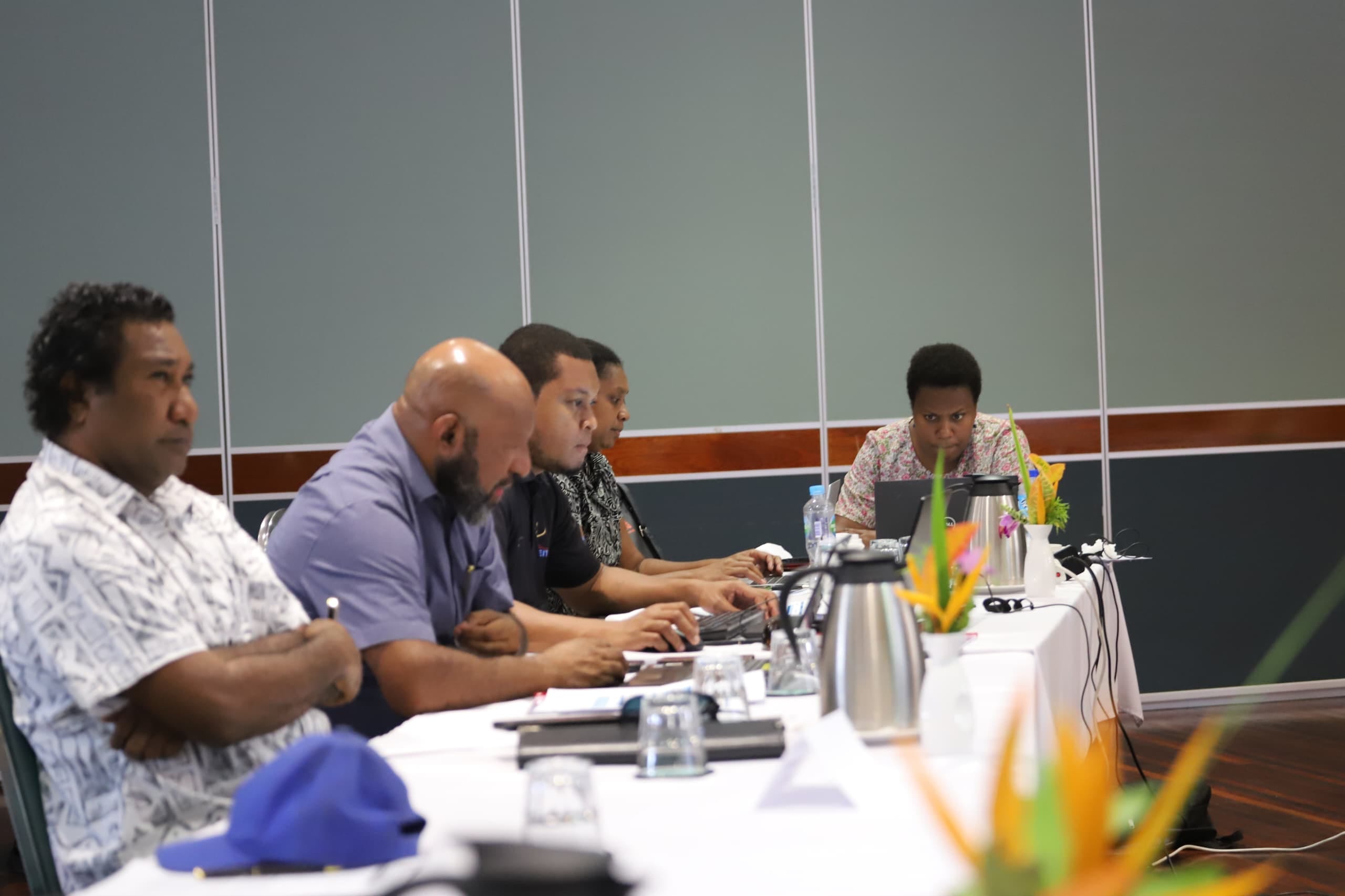
PNGEITI ATTENDS HIDDEN VALLEY MINING MOA REVIEW
The PNGEITI from the 01st – 05th of April attended the week long mining agreement review for Hidden Valley Mine, held in Lae, Morobe province. Director Policy and Programs, George Kauli and Coordinator Junior Kari Ora joined representatives from the National Government, Provincial Government, Local Level Governments, Landowners, project developers among other parties impacted by the operations of Hidden Valley Mining. The aim of the review is to create better agreements that meet community needs, such as infrastructure, education, and healthcare. Negotiations focused on fair compensation for landowners and the importance of community involvement in the decision making process. The week long gathering provided the opportunity to: For EITI, this platform is essential for the following reasons: Chairman of Nakuwi Association, representing landowners attending the week long mining review said “I actually support the inclusion of EITI in this CDA/MoA review. There must be visibility in the royalties distributed to the recipients, and its allocations. It is essential to ensure that the process of reporting are effectively implemented through the inclusion of the EITI Transparency and Accountability clauses. This would involve monitoring and verifying that all revenues and distribution figures are accurately reported and accounted for. This approach would facilitate better management and oversight, thus, addressing the challenges associated with the allocation and utilization of the royalty funds”.
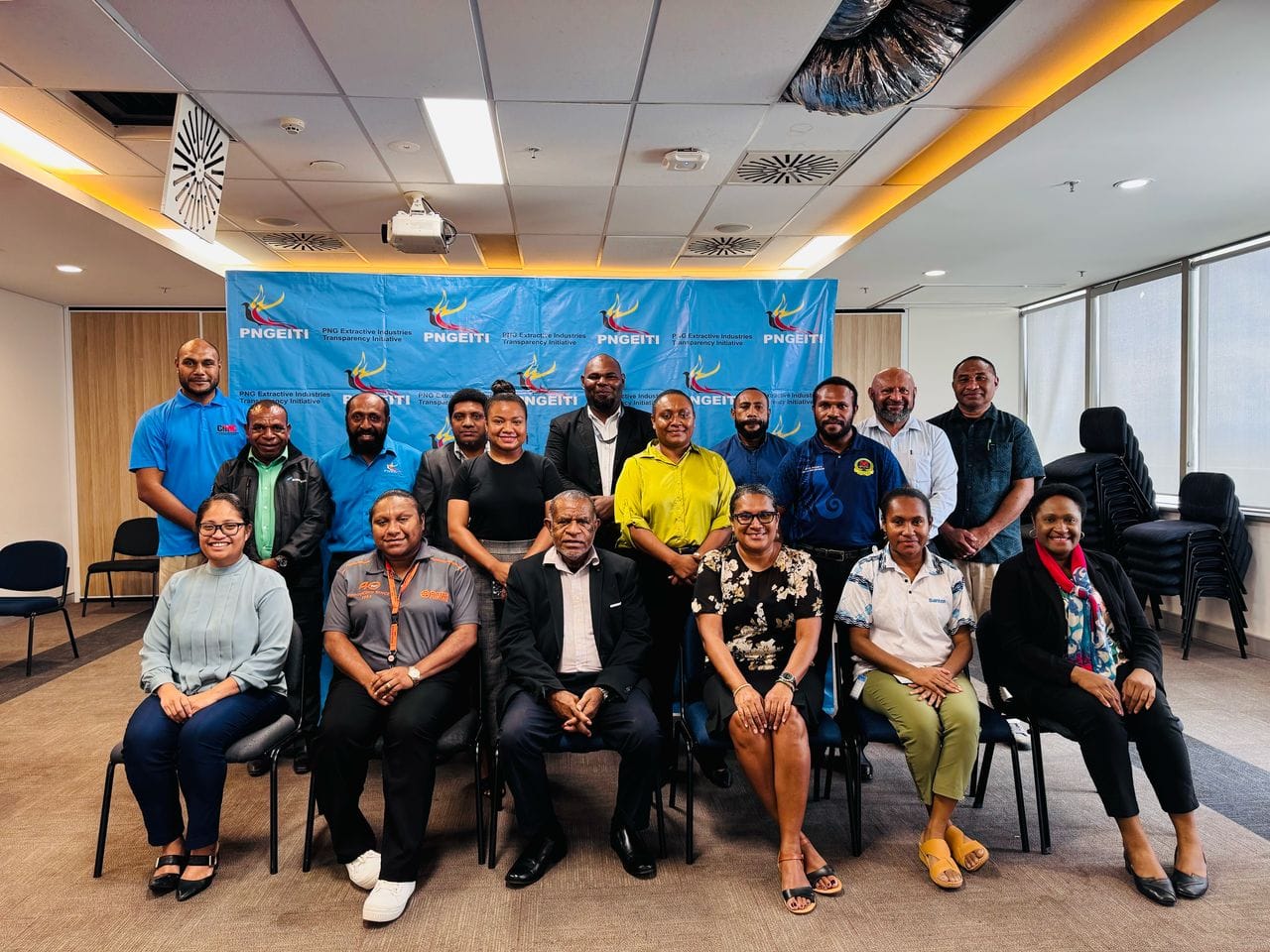
PNGEITI HOSTS MSG MEETING, FIRST QUARTER 2025
The PNGEITI Multi-Stakeholder Group (MSG) held its first quarter meeting of 2025 at Treasury Building, Port Moresby on Friday, April 11th. Acting MSG Chair and Acting Deputy Secretary, John Uware chaired the meeting. The meeting brought together MSG members and PNGEITI National Secretariat to discuss first quarter meeting agenda, key updates and priorities for the year. The meeting began with the review of matters arising from meeting minutes of last quarter 2024 followed by the Quarter Report Presentation by Acting Executive Director, Chris Tabel. Update on 2023 PNGEITI Report Production, Terms of Reference for Financial Year 2024 PNGEITI Report and PNG 2026 Validation were among the agenda presented. Projects and Procurement branch did presentations on projects and tasks on EITI correction actions whilst Policy provided update on the commission bill and disclosure on benefits sharing agreements. Finance, Administration and Human Resource provide update on the following:
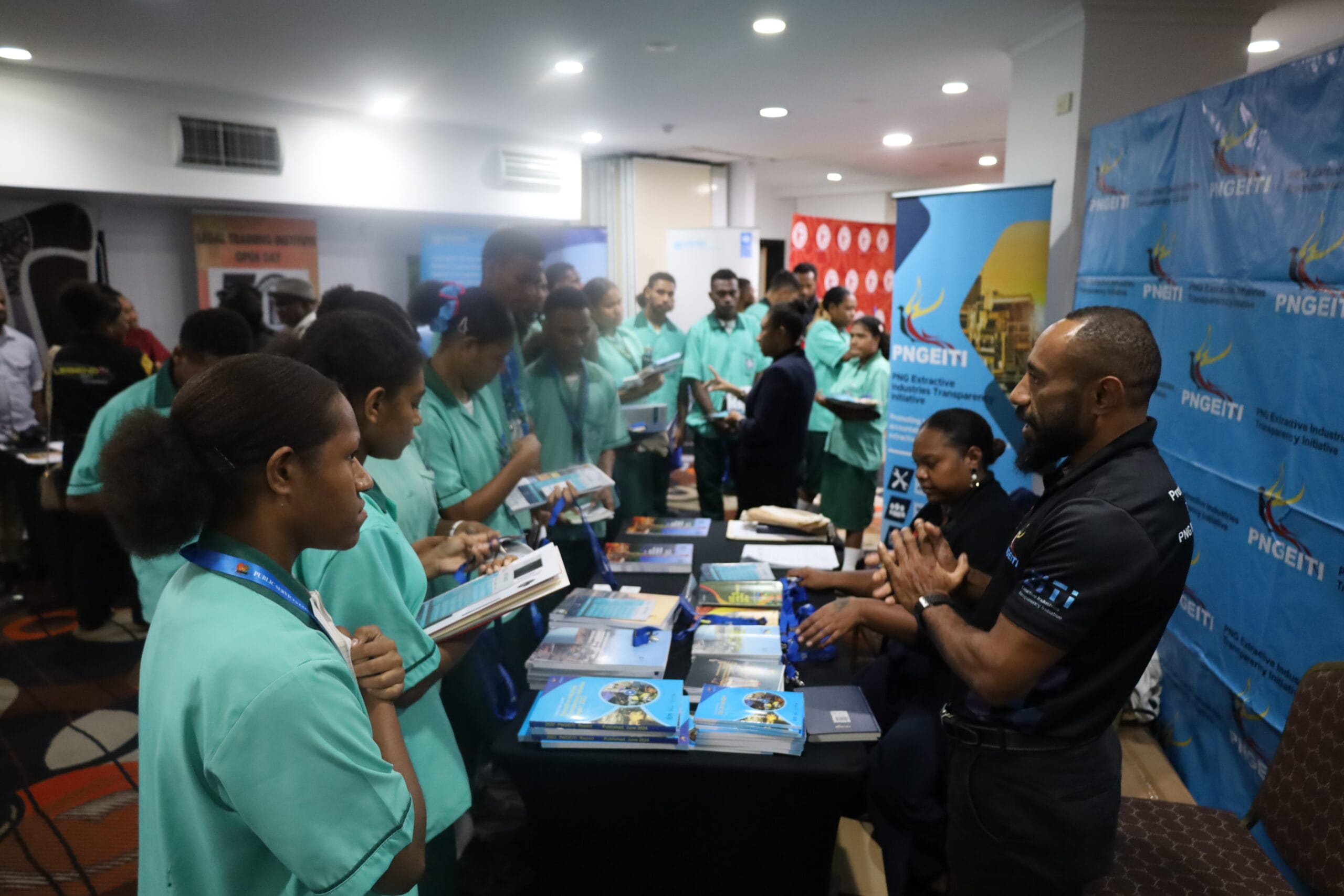
PNGEITI BOOTH ATTRACTS VISITORS AT THE TWO DAY EXHIBITION
PNGEITI, from the 28th-29th of March, participated at the two day exhibition hosted by TIPNG under the theme “Integrity and Action” . The Exhibition provided the opportunity for PNGEITI to highlight its pivotal role in fostering transparency and accountability in the extractive sector. PNGEITI booth was among the star attraction where stakeholders and students among other visitors gathered information, brochures and asked questions on the role of EITI in the extractive sector. Notable among the students were the grade 12 Students from Butuka Secondary School who engaged with PNGEITI staff at the PNGEITI exhibition booth. The students gathered information, brochures and asked questions on the roles of EITI in the extractive sector. “We (PNGEITI) are thrilled to see school children eager to learn how transparency drives sustainable development,” said Chris Tabel, Acting Executive Director. “Our team shared insights on how revenue from the extractive sector are transparently reported and publicly accessible, and this prevents corruption, mismanagement, reinforcing honesty and ethical governance in the sector,” said Mr. Tabel. PNGEITI promotes open and accountable governance by ensuring that revenue from PNG’s extractive sector benefits all citizens. Guest Speaker and one of TIPNG’s founding directors, Dame Meg Taylor in her speech at the opening ceremony emphasized on Integrity, honesty, transparency and accountability. “In Papua New Guinea, as in many nations, the fight against corruption is an on-going battle, it requires constant vigilance, unwavering commitment and collection action. We must all be champions of integrity in our own spheres of influence. This is where the work of Transparency International PNG becomes so vital.” said Dame Meg Taylor. Chief Executive Officer of TIPNG, Arianne Kassman said TIPNG remains committed to its mission as the country’s leading anti-corruption civil society organization, empowering people and organizations to take action against corruption. “Over the past 28 years, we have built a strong reputation, one that we continue to uphold with dedication and resolve. Our work is grounded in the legacy of our Founding Chairman, the Late Sir Anthony Siaguru, who envisioned a society where the integrity of the people, the nation and its institutions are fearlessly protected. Today, as we stand at the forefront of this ongoing challenge, we also recognize the immense opportunities ahead. With your support and partnership, we can transform our collective commitment into real action – driving integrity, accountability and lasting change for PNG,” said Miss Kassman.
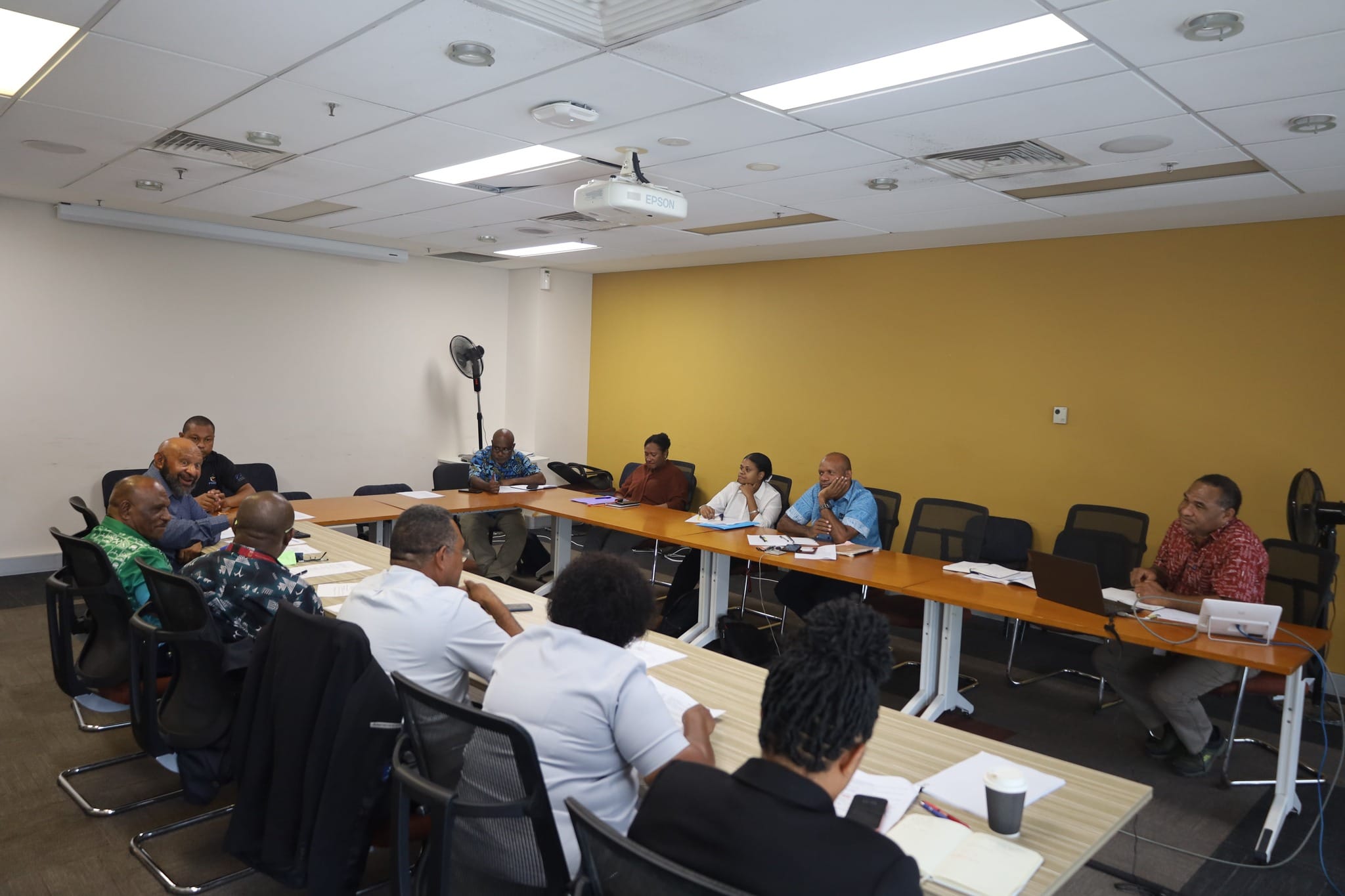
PNGEITI Strengthens Beneficial Ownership Transparency Through Technical Working Group Meeting
The Papua New Guinea Extractive Industries Transparency Initiative (PNGEITI) convened a Beneficial Ownership (BO) Technical Working Group meeting, bringing together key stakeholders to discuss strategies for enhancing BO transparency within the extractive sector. Representatives from the Bank of Papua New Guinea’s Financial Analysis and Supervision Unit (FASU), the Investment Promotion Authority (IPA), the Mineral Resource Authority (MRA) and Department of Petroleum participated in the discussions aimed at accelerating efforts towards full implementation of BO disclosure for the extractive industries sector in PNG. The meeting provided an opportunity to update stakeholders on the progress made so far in advancing BO transparency and to outline the next steps necessary to further strengthen governance and accountability in the extractive industry. Significant progress has been made in PNG’s efforts to enhance BO transparency, dating back to the initial scoping study in 2017. The study identified key challenges, including legal gaps, lack of awareness, and data collection difficulties. Key milestones achieved since then include: A critical issue raised during the meeting by FASU concerned the scope of BO disclosure under Anti-Money Laundering (AML) standards. While AML regulations mandate BO disclosure to competent authorities such as law enforcement agencies, PNGEITI’s Standard 2023 and Requirement 2.5 calls for public disclosure of BO information in the extractive industries sector. The discussion underscored the need for a clear boundary of public access to BO data while ensuring compliance with both national and international standards. Investment Promotion Authority (IPA) representative, Mr. Maru, highlighted that the Amended Companies Act 2022, specifically Section 72(a), mandates companies to provide Beneficial Ownership (BO) information and identify the beneficial owners of shares. He further noted that the IPA serves as the custodian of BO data. PNGEITI Director for Projects and Procurement, Mr. Diclah Taureka, emphasized the need for a standardized BO disclosure framework, stating, “To progress beneficial ownership disclosure in line with PNGEITI requirements, we are proposing the development of a contextualized BO disclosure reporting template, which will be refined in consultation with key stakeholders.” Supporting this, PNGEITI Director of Policy and Programs, George Kauli, reinforced that while PNG adheres to EITI Global Standards, implementation strategies must be tailored to the local context. He stated, “What is practiced in Papua New Guinea may differ from other EITI-implementing countries. The Companies Act 2022 provides the legal foundation for BO disclosure across all companies operating in PNG. For PNGEITI purposes, our focus for 2025 is to develop a contextualized BO disclosure template specifically focused on extractive industries.” To further advance Beneficial Ownership (BO) transparency, the Papua New Guinea Extractive Industries Transparency Initiative (PNGEITI) and key stakeholders have outlined priority actions for 2025. These initiatives include conducting comprehensive training sessions for government officials, companies, and other stakeholders on BO requirements, disclosure processes, and compliance measures. Additionally, PNGEITI will develop and distribute guidance documents to assist companies in fulfilling their BO disclosure obligations. A nationwide awareness campaign will also be launched, utilizing television, radio, print media, and social media platforms to educate the public on the importance of BO transparency. Furthermore, PNGEITI will host public forums and town hall meetings to facilitate open discussions among civil society, industry associations, and government agencies. Lastly, ongoing support will be provided to companies to strengthen their capacity in meeting BO requirements effectively. PNGEITI remains committed to fostering transparency, accountability, and good governance within the extractive sector. The outcomes of the BO Technical Working Group meeting reaffirm Papua New Guinea’s dedication to implementing global best practices in BO disclosure while ensuring alignment with local regulatory frameworks.

MSG concludes year, 2024 with a meeting on Loloata Island Resort
The PNGEITI Multi-Stakeholder Group (MSG) held meeting five of 2024 at the Loloata Island resort, Central Province on Wednesday 18th December, 2024. Acting MSG Chair and Acting Deputy Secretary, John Uware chaired the meeting. The meeting brought together MSG members and PNGEITI National Secretariat to discuss issues of importance concerning the National Secretariat. The meeting began with the review of matters arising from meeting minutes of meeting four of 2024. National Secretariat staff provided an update on the following: There were discussions on a number of National Secretariat matters such as the; National Secretariate staff, Acting MSG Chair, Mr. John Uware and MSG members also took the opportunity to bid farewell to former executive director, Mr. Lucas Alkan. Mr. Alkan was instrumental in the formation of PNGEITI since 2013 until his resignation in 2024.

PNGEITI ATTENDS INVESTMENT CONFERENCE IN SYDNEY, AUSTRALIA
The PNGEITI National Secretariat from the 6th-11th December, 2024 participated in the PNGCORE Investment Conference and Exhibition in Sydney, Australia. The three day event provided PNGEITI with a vital platform to engage with global investors, government officials, and industry leaders in the resources and energy sectors. PNGEITI’s participation highlights the importance of transparency and accountability in Papua New Guinea’s extractive industries, showcasing how these principles foster sustainable investments, boost investor confidence, and benefit our nation’s economy. PNGEITI extends its sincere appreciation and a word of thank you to all who visited our exhibition booth S41. We hope you learnt insightful information at our booth.

